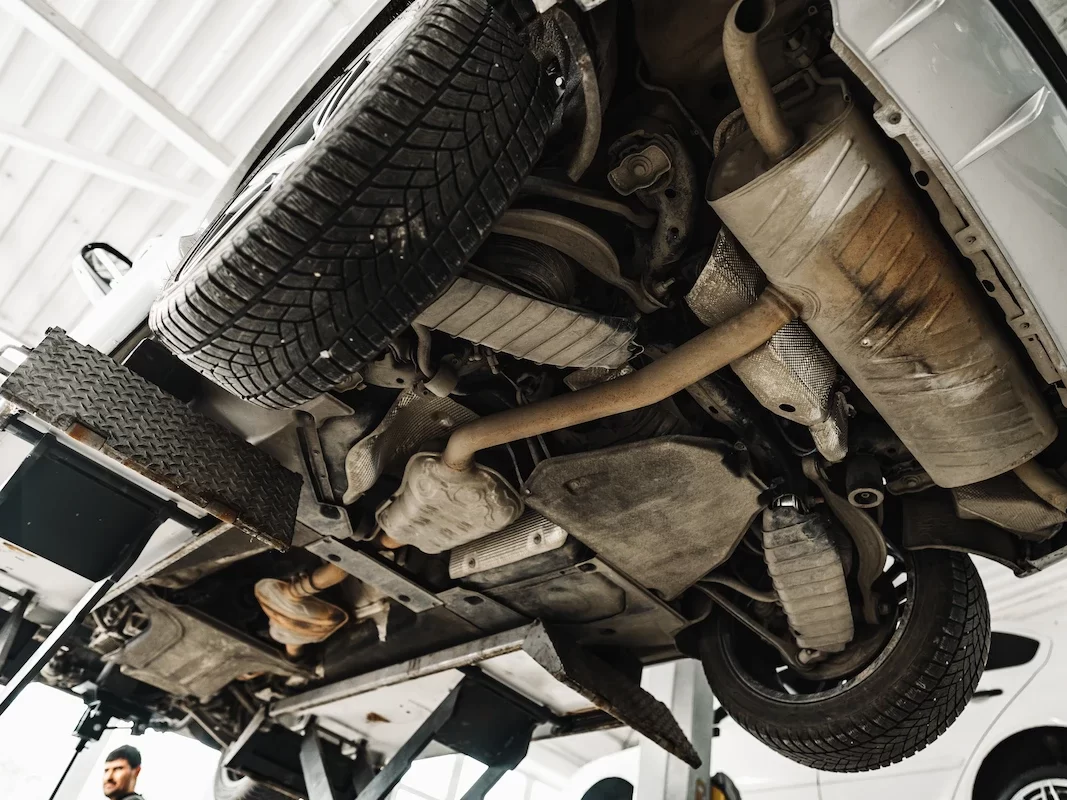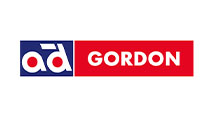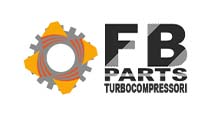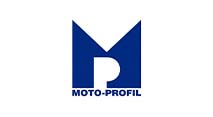 XTON | Ecology | 25 April 2024
XTON | Ecology | 25 April 2024Modern methods of particulate emissions testing in Germany. Almost new diesel cars do not pass technical tests.
Modernity is entering the automotive industry by leaps and bounds in the subject of measuring vehicle emissions. New methods of measuring particulate matter have shown that even modern filters that comply with the EURO 6 standard fall short of emission standards. In Germany, stricter emission level regulations are in force from 1 July 2023. Unfortunately, many modern cars, even those that are a few years old, have problems passing the test.

Problems with the exhaust aftertreatment system in new cars.
Buying a new car should be associated with many years of stress-free use, following standard maintenance and upkeep. However, as it turns out, as early as 3 years after purchase, we can encounter problems with the exhaust aftertreatment system, including the particulate filter.
While the problem is specific to vehicles from a few very popular manufacturers, it is widespread, which just goes to show the scale of the problem with the car companies’ approach to exhaust aftertreatment.
How has the dieselgate scandal affected the study of particulate emissions in vehicles?
To better understand the issue, let’s go back to the past, to 2009 to be precise, when testing of vehicle emission levels was almost entirely abandoned in Germany. The government entrusted exhaust gas control to the automotive industry and only recommended the use of an electronic emission control system as part of the OBD (on-board diagnostics) system. This approach gave room for many abuses, the flagship example being the dieselgate scandal, where nearly 12 million cars had software that underestimated the real-world emissions of harmful particulates and nitrogen oxides under laboratory emissions testing conditions.
The scandal raised public awareness of the higher levels of pollutants emitted by vehicles from various car manufacturers, which can exceed legal limits for exhaust emissions under real-world driving conditions. A consequence of these events was the introduction of mandatory exhaust gas quality testing during diagnostic inspections in Germany in 2018. Statistics from the German Central Association of the Automobile Trade (ZDK) show that, despite the performance of vehicle inspections, the number of defects found in diesel cars increased by as much as 40% after a second approach to measuring tailpipe emissions.
Tougher technical testing regulations in Germany in 2023.
From 1 July 2023, there is a significant change in emissions testing for vehicles complying with Euro 6/VI standards in Germany, with the introduction of a particle counting method, also known as the PN (Particle Number) method. This method, originally planned for implementation from 1 January 2021, allows the number of particles emitted by a vehicle’s exhaust system to be quantified using dilution, sampling and measurement techniques. With this procedure, it is possible to effectively detect diesel vehicles that are running without a particulate filter, have a defective filter or other engine or exhaust system-related faults.
New cars fail their first technical test due to defects in the exhaust after-treatment system.
The change in the rules for measuring exhaust emissions has had a clear effect in Germany. Between August and October 2023, diagnosticians from the German TÜV association rejected more than 32,000 cars (out of around 950,000 tested) that should theoretically have met the emission standards set for new vehicles from 2015. This gives a failure rate of 3.4 per cent already at the first technical periodic test. What is more, only in a few cases did the OBD system report the failure of particulate filters, which led to a failure to pass the technical inspection. The OBD system, which should theoretically be the first to signal problems, proved to be insufficiently effective.

Changes in controlling exhaust gas quality in European countries.
Belgium: first to introduce a particulate counting method. Almost 1 in 10 vehicles with a negative test result.
Belgium was the first country in Europe to introduce the aforementioned method as mandatory as early as 1 July 2022. In the Flemish region of the Kingdom of Belgium, as many as 9.32% of EURO 5/6 vehicles failed the exhaust gas quality control test. This is a direct result of the fact that vehicle emissions are measured according to the Euro 5 standard, in Flanders on the basis of the Euro 5a standard and in Wallonia on the basis of the Euro 5b standard.
Among the Euro 6 trucks tested, a failure rate of 4.24% was recorded. Belgium has set a particulate emission limit of 1 000 000 particles per cm³, which is four times higher than the German limit. If Belgium had applied the German standard of 250 000 particles per cm³, the failure rate would have increased to 13.2% for Euro 5 and 6 cars, and to 7.18% for Euro 6-only vehicles.
Netherlands: What does the technical examination of exhaust gas quality look like in the Kingdom of the Netherlands?
About half a year after Belgium introduced a modern procedure for measuring exhaust emissions, the Netherlands also decided to take similar actions. About 8,000 repair shops have started using the new method of testing exhaust emissions for diesel cars. This procedure applies to all vehicles equipped with a diesel particulate filter (DPF) and in some cases even older Euro 4/IV models.
In 2023, inspectors in the Netherlands raised concerns about approximately 6.1% of vehicles that passed the PN method. Although this percentage seems small, it is worth noting that in the Netherlands there is also a permissible limit of 1,000,000 particles, which shows that even a small number of vehicles exceeding the standards may be problematic.
Can you remove the particulate filter in the Netherlands?
A kind of convenience for drivers is the fact that if a vehicle with an optionally installed or retrofitted DPF filter fails the emissions test, the owner can decide to remove the filter. After disassembly, the vehicle’s emissions are tested using an opacimeter, which may result in an increase in tax charges.


Are the regulations related to exhaust gas quality testing becoming more stringent in Poland?
In Poland, we are also seeing stricter regulations regarding exhaust gas quality testing. This is part of broader actions at the European Union level aimed at reducing emissions of harmful substances from vehicles. These changes are aimed at improving air quality and increasing public safety and health.
The introduction of more stringent exhaust emission standards, which also affects regulations regarding vehicles already on the market. Exhaust gas inspections are becoming more detailed and emission limit requirements are more stringent. New measurement methods have also been introduced, such as particulate tests, which are more precise in detecting potential abnormalities.
Supporting sources:
- https://autoexpert.pl/artykuly/liczenie-czastek-stalych
- https://www.auto-swiat.pl/wiadomosci/aktualnosci/zaostrzone-zasady-przegladow-diesel-bez-filtra-dpf-nie-przejdzie-a-z-filtrem-tez-nie/89hn58w
- https://autokult.pl/nowe-diesle-nie-przechodza-niemieckich-przegladow-najwiekszy-problem-ma-jedna-marka,7019985563032480a
- https://wrc.net.pl/mh-diesle-z-norma-euro-6-nie-przechodza-nowych-testow-emisji-spalin-w-niemczech-to-setki-tysiecy-pojazdow-bez-naklejki-tuv/
We cooperate with reputable wholesalers













